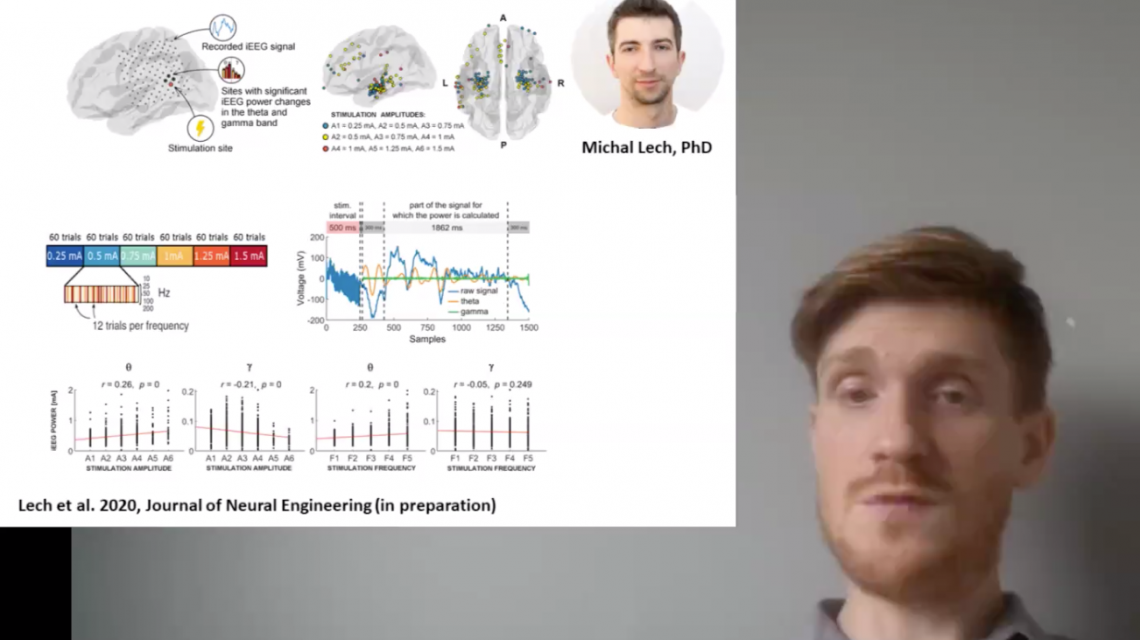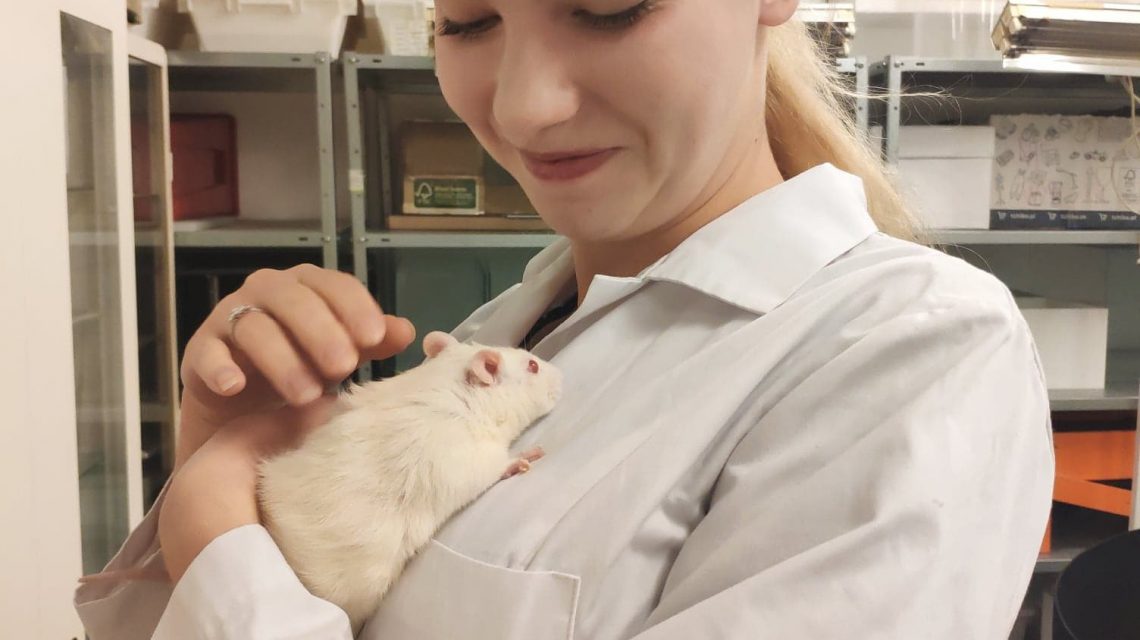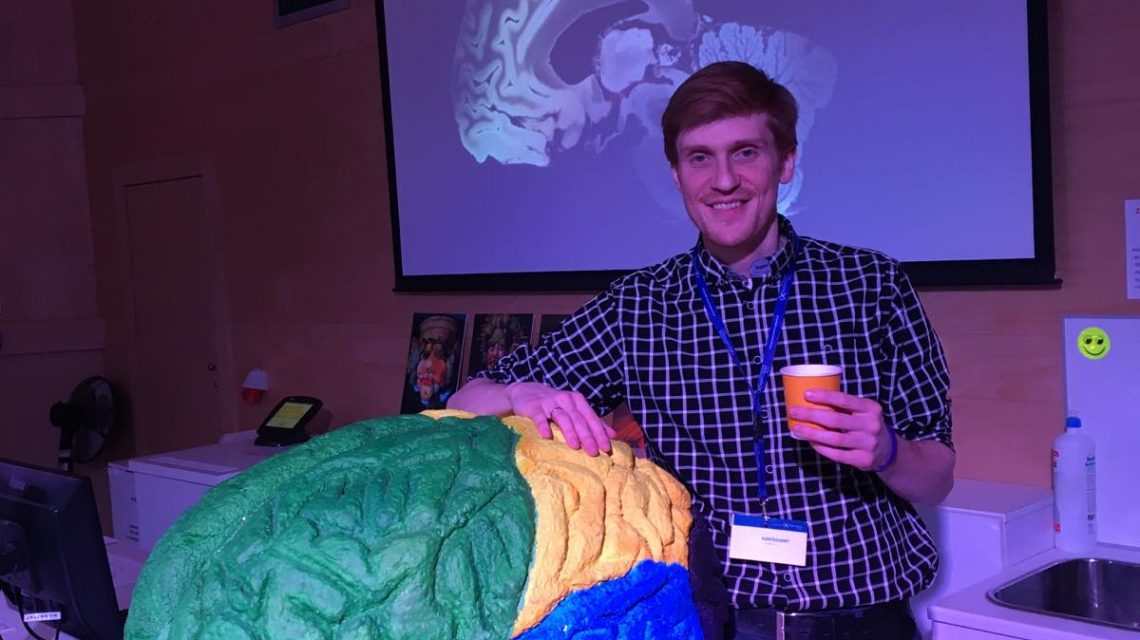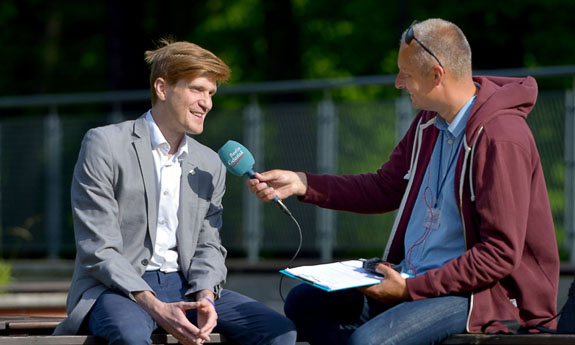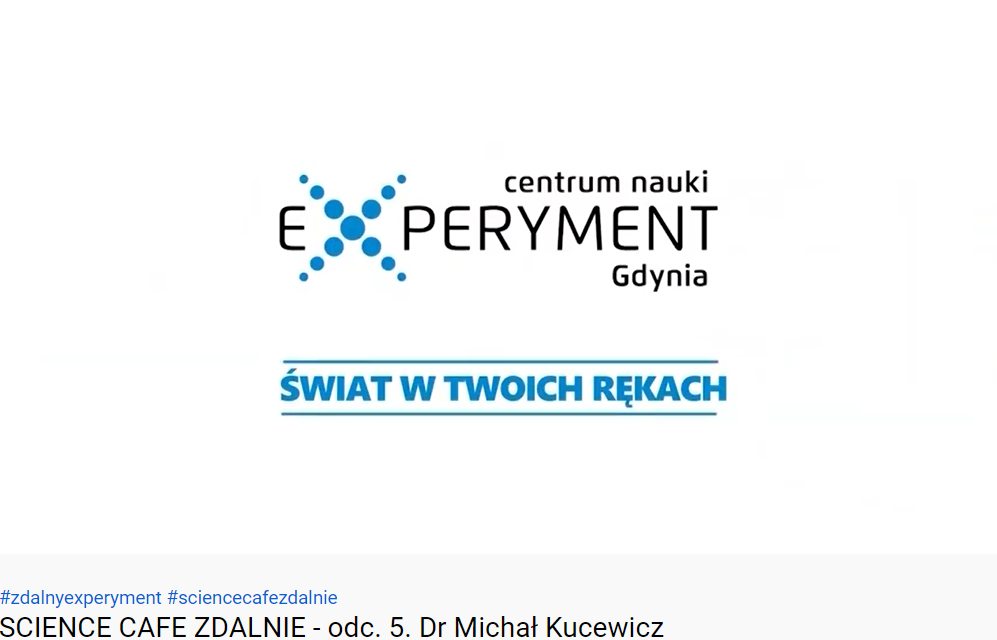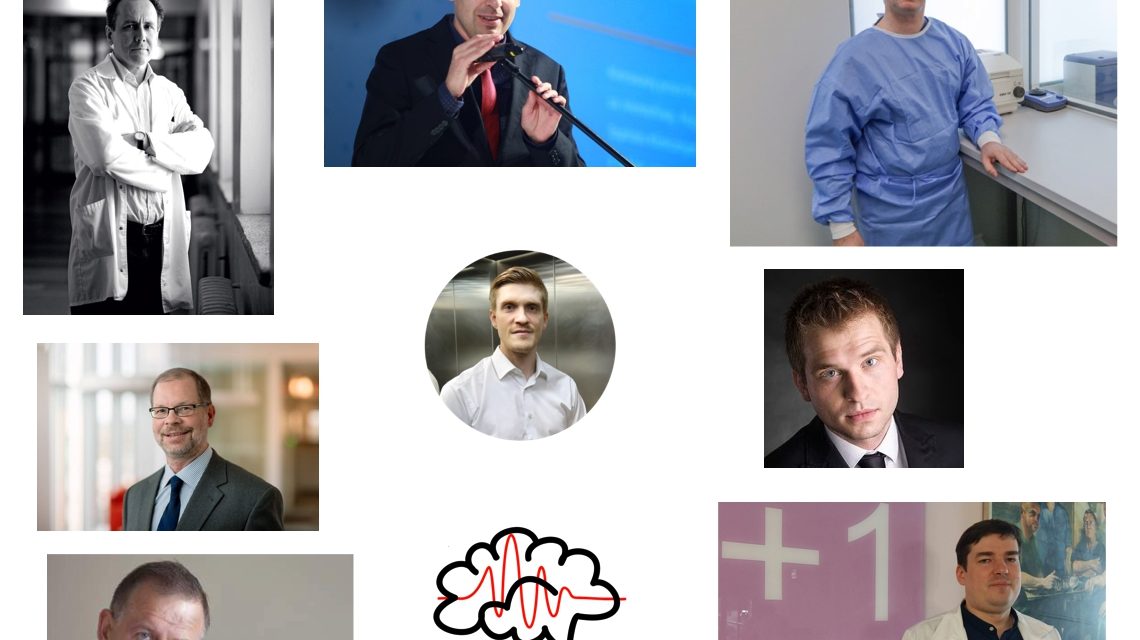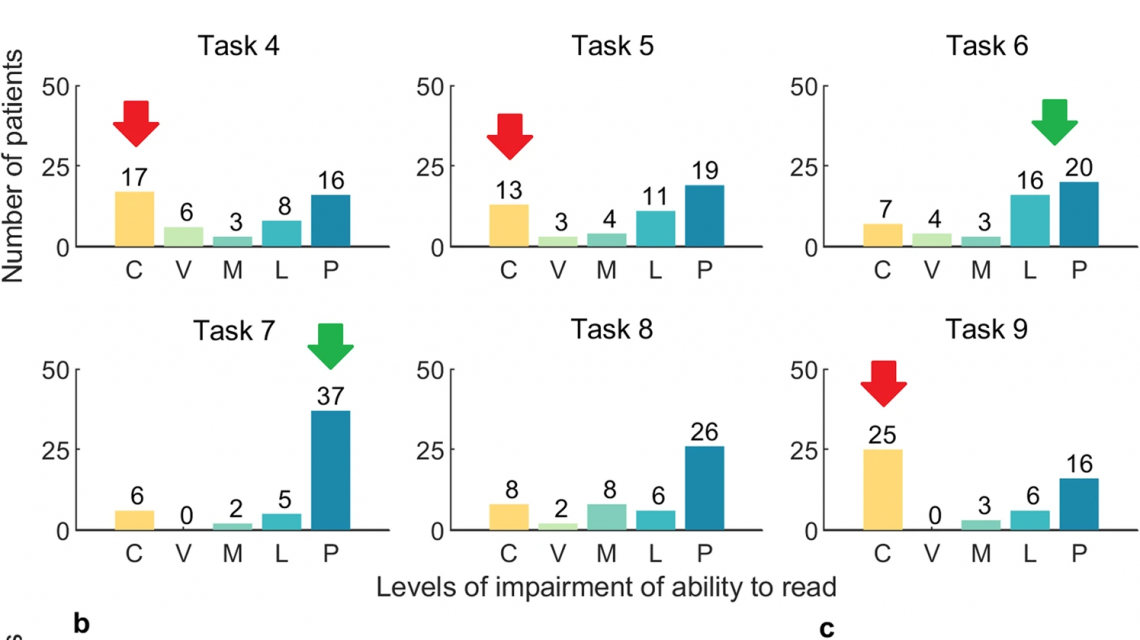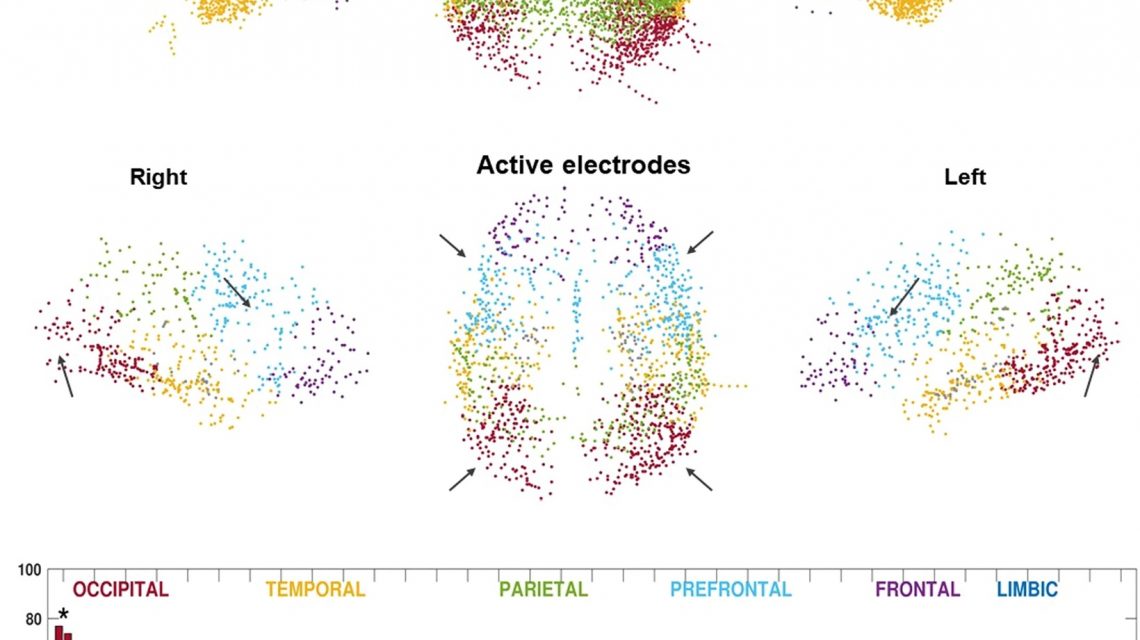Invited presentation on the national „Zdrowie Polakow” congress
Dr. Kucewicz from our laboratory was invited to prepare a video talk about our work for the largest health conference in Poland. In the talk he described the latest methods that were developed in our group to analyze electrophysiological signals from the human brain. One of them employs an Artificial Intelligence (AI) approach to automatically select electrodes that record from brain regions that engage in memory functions without a need for expert review and manual selection. This approach also…
Continue reading
